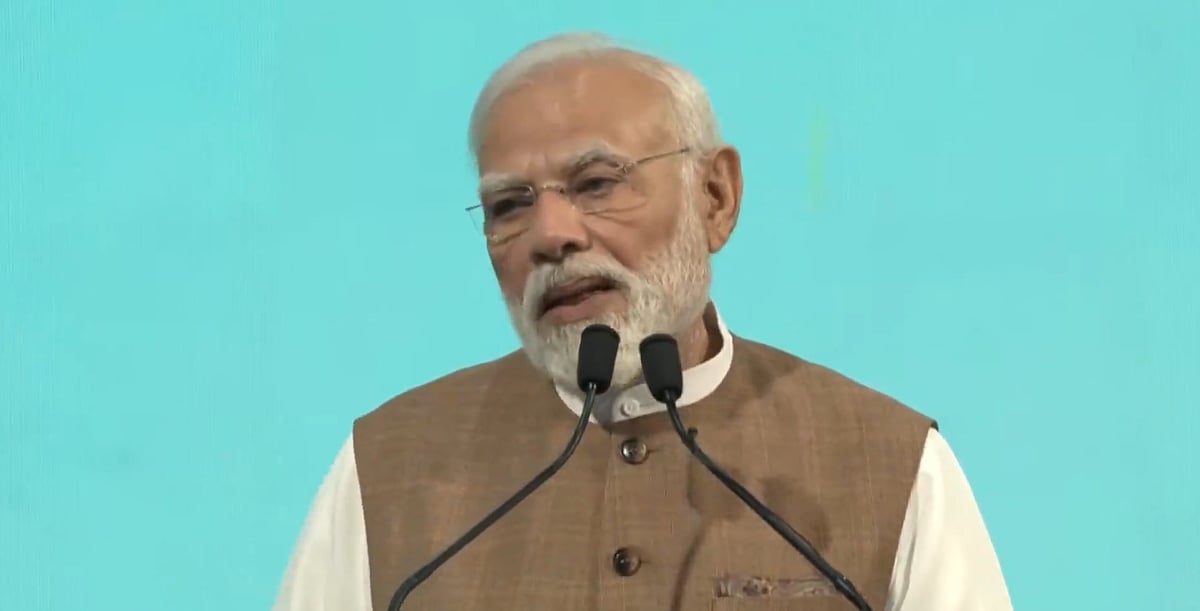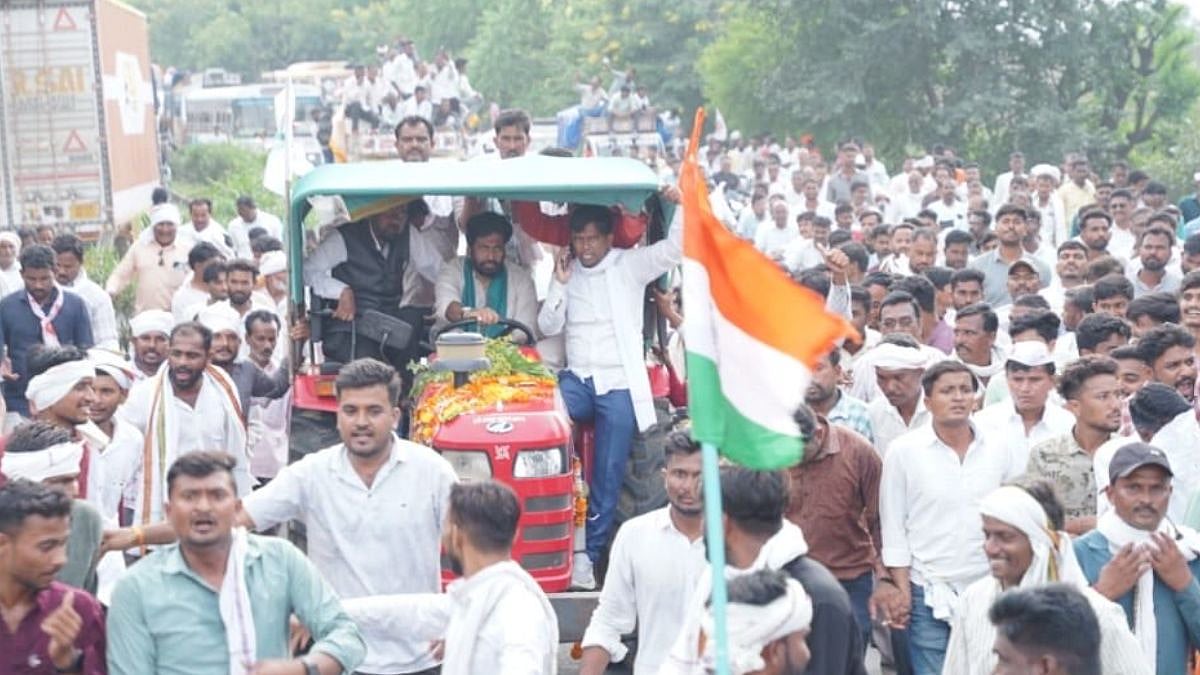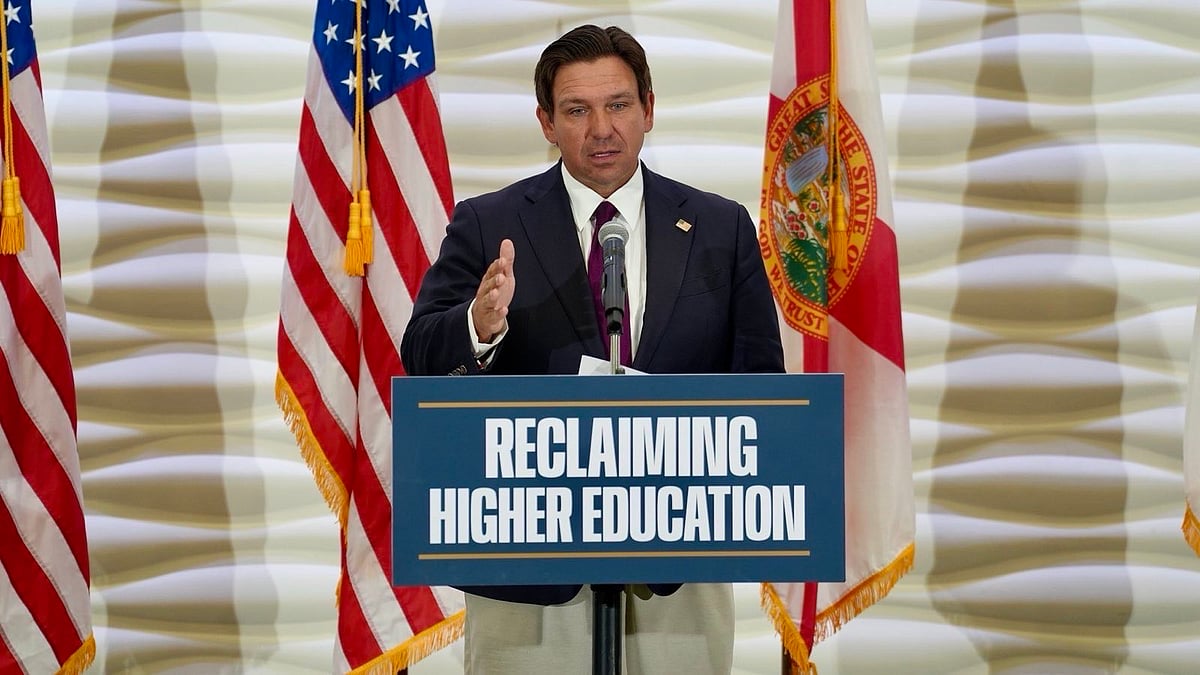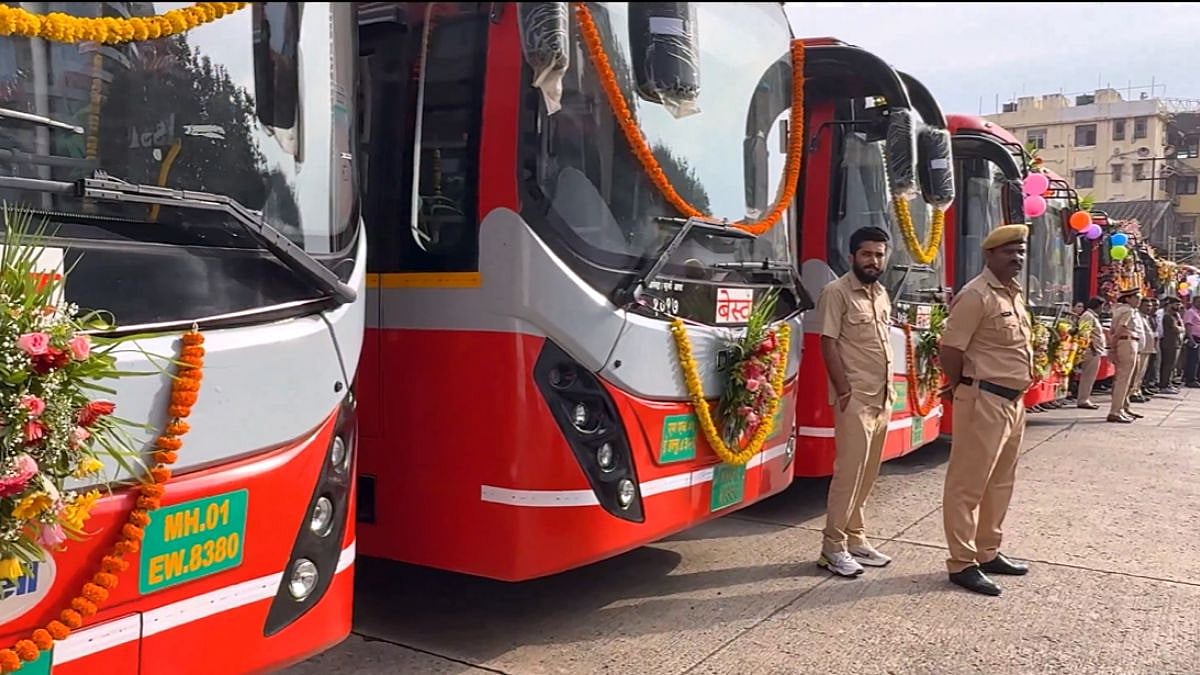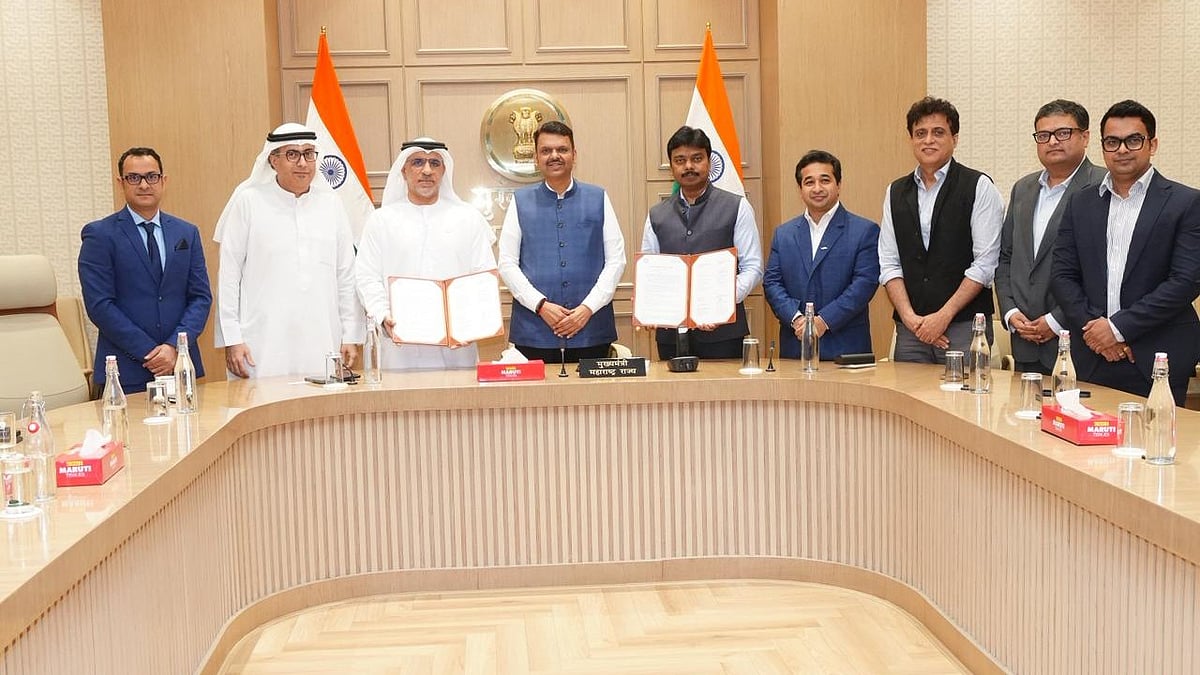Mumbai: Prime Minister Narendra Modi on Monday said that India is ready to play the role of a “steady lighthouse” guiding the world through turbulent times underscoring the nation’s strength, stability, and strategic autonomy amid global challenges.
India’s Reliability and Resilience in a Shifting Global Order
Addressing the Global Maritime CEO Forum during India Maritime Week 2025 at the NESCO auditorium in Mumbai, the Prime Minister highlighted India’s reliability, vibrant democracy, and inclusive growth as key pillars of its leadership in global affairs.
“When the global seas are rough, the world looks for a steady lighthouse. India is well poised to play that role with strength and stability,” Modi declared.
He emphasized that amid geopolitical tensions, trade disruptions, and shifting supply chains, India stands as a symbol of peace, independence, and inclusive progress. Referring to the India–Middle East–Europe Economic Corridor, he said the initiative will redefine trade routes and promote clean energy and smart logistics.
Global Gathering of Maritime Leaders
The event was attended by Maharashtra Governor Acharya Devvrat, Chief Minister Devendra Fadnavis, and Union Ministers Sarbananda Sonowal, Shantanu Thakur, and Kirti Vardhan Singh, along with global maritime leaders and industry representatives.
Modi noted that the conclave, which began in Mumbai in 2016, has now evolved into a truly global summit with participation from over 85 countries.
India’s Ports Among the Most Efficient Globally
Highlighting India’s growing maritime capabilities, Modi said the nation’s ports are now counted among the most efficient in the developing world in some cases, even outperforming ports in developed nations.
He said India’s average container dwell time has been reduced to less than three days, and the vessel turnaround time has been cut from 96 hours to 48 hours, making Indian ports more competitive and attractive for global shipping lines.
Massive Investments and New Milestones
The Prime Minister informed that multiple maritime projects were launched during the conclave, and MoUs worth lakhs of crores have been signed — a sign of global confidence in India’s maritime sector.
He highlighted that the number of Indian seafarers has increased from 1.25 lakh to over 3 lakh in the past decade, placing India among the top three nations globally in terms of seafarer numbers.
Operational Success at Vizhinjam and JNPT
Calling 2025 a milestone year for the sector, Modi announced that Vizhinjam Port, India’s first deep-water international trans-shipment hub, has become operational. The world’s largest container vessel recently docked there, marking a proud moment for India.
He also shared that in 2024–25, India’s major ports handled record-high cargo volumes. At Kandla Port, a megawatt-scale indigenous green hydrogen facility has been launched, while JNPT’s Bharat Mumbai Container Terminal (Phase 2) has commenced, doubling its handling capacity. Modi credited this success to the largest-ever foreign direct investment in India’s port infrastructure, expressing gratitude to partners from Singapore.
Modernising Maritime Laws for a New Era
The Prime Minister said that colonial-era shipping laws have been replaced with modern legislation designed for the 21st century. The new Merchant Shipping Act and Coastal Shipping Act empower State Maritime Boards, strengthen safety and sustainability, and simplify trade.
He also highlighted the introduction of the “One Nation, One Port” process — a move that will standardize port procedures, reduce documentation, and enhance efficiency in maritime governance.
Transformative Growth Under Maritime India Vision
Reflecting on the last decade, Modi described India’s maritime transformation as “historic.”
Under the Maritime India Vision, over 150 new initiatives have been launched, nearly doubling port capacity, reducing turnaround times, and boosting cruise tourism.
Cargo movement on inland waterways has increased by over 700%, and the number of operational waterways has grown from three to thirty-two. He also noted that Indian ports’ net annual surplus has increased ninefold in ten years a testament to their efficiency and dynamism.
Strategic Autonomy and Global Peace
Citing the India–Middle East–Europe Economic Corridor as part of a broader strategy, Modi said that India’s maritime initiatives align with its vision of global peace, stability, and prosperity. He emphasised that India’s balanced diplomacy and strategic autonomy have made it a trusted global partner amid shifting global supply chains.
A Vision for a Maritime Future
The Global Maritime CEO Forum, the flagship event of India Maritime Week, brings together CEOs, investors, policymakers, and innovators from around the world to discuss sustainable maritime growth, resilient supply chains, and an inclusive blue economy.
Concluding his address, the Prime Minister said, “In the 21st century, India’s maritime sector is advancing with great speed and energy. Our journey from a coastal nation to a maritime leader has just begun a journey destined to illuminate the world like a steadfast lighthouse amid stormy seas.”
